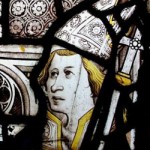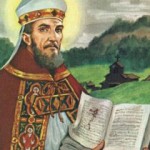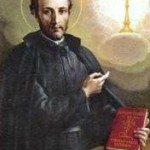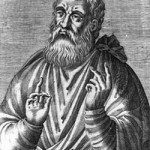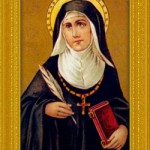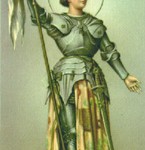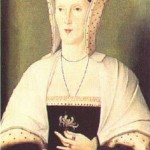Paschal was the son of Bonosus, a Roman. He studied at the Lateran, was named head of St. Stephen’s monastery, which housed pilgrims to Rome, and was elected Pope to succeed Pope Stephen IV (V) on the day Stephen died, January 25, 817. Emperor Louis the Pious agreed to respect papal jurisdiction, but when Louis’ son Lothair I came to Rome in 823 to be consecrated king, he broke the pact by presiding at a trial involving a group of nobles opposing the Pope. When the two papal officials who had testified for the nobles were found blinded and murdered, Paschal was accused of the crime. He denied any complicity but refused to surrender the murderers, who were members of his household, declaring that the two dead officials were traitors and the secular authorities had no jurisdiction in the case. The result was the Constitution of Lothair, severely restricting papal judicial and police powers in Italy. Paschal was unsuccessful in attempts to end the iconoclast heresy of Emperor Leo V, encouraged SS. Nicephorous and Theodore Studites in Constantinople to resist iconoclasm, and gave refuge to the many Greek monks who fled to Rome to escape persecution from the iconoclasts. Paschal built and redecorated many churches in Rome and transferred many relics from the catacombs to churches in the city. Although listed in the Roman Martyrology, he has never been formally canonized. His feast day is February 11.
